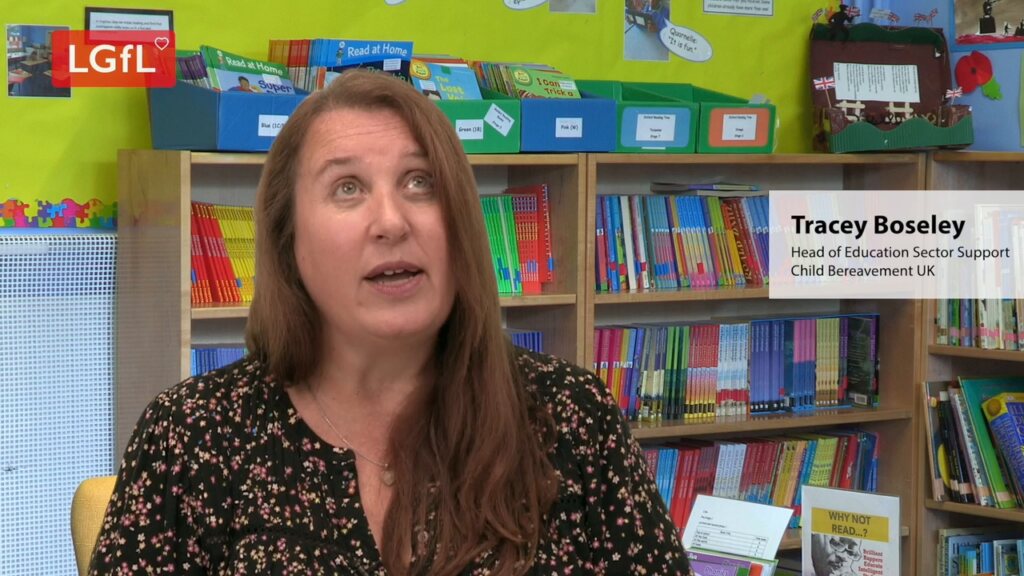Neurodiversity
"Whatever they feel is OK but we need to help them understand that other people might feel very differently."
When communicating, use accurate language to avoid confusion. The use of idioms, euphemisms or ambiguous language can lead to misunderstanding and anxiety.
For example: crying buckets, keep an eye on you, only old people die.
Use a clear, biological explanation of death focusing on the facts. There will be questions, often repeated, as they try to make sense of the information, especially if they had misconceptions.
Ensure the pupil has ‘thinking time’ to process verbal information about the death. They may require more time than usual as it is a new and emotive subject. A lack of response may indicate that they need more time to process and digest the information, rather than additional information.
Include visual supports when presenting verbal information as this can be helpful for all children, even those with verbal language. It will help them to process the information.
Overwhelming feelings may lead to angry or even violent outbursts. They may need to ‘shut down’ some of their senses or revert to self-soothing behaviours to help them cope.
A pupil may feel betrayed by information which they learn as facts such as, ‘He is going to the hospital to get better’, or, ‘I will never leave you.’
Emotions can be very difficult to express and may be exhibited in a young person’s behaviour. Physical manifestations of grief such as feeling sick or the sensation of a lump in the throat, may be frightening. A young person with a lack of awareness of social cues, reading of facial expressions and/or understanding the emotions of others and themselves, can find it very difficult to understand why familiar adults may be behaving in unfamiliar ways. This might include crying, sobbing or not being their ‘usual’ selves.
There may be sensory hypersensitivity linked to what has happened, for example the smell of a hospital, which may even be experienced as a physical pain.
Echoing or repeating whole phrases may be used as a mantra to help process information, and it may verify or even contradict their understanding. Echolalia may be particularly noticeable if they are feeling stressed.
A perceived lack of empathy or an ability to understand others can lead to brutal honesty, which may feel particularly difficult or inappropriate to others around them. For example,. “I never liked her anyway.” or, “When will he be bones?”
Within families, physical contact is often seen as a source of comfort at a time of bereavement. This may feel unwelcome and unrequested by a young person with sensory sensitivity.
Further links:

